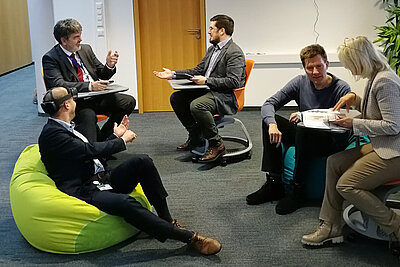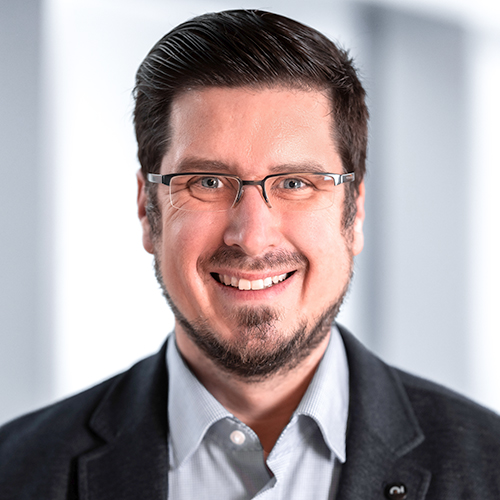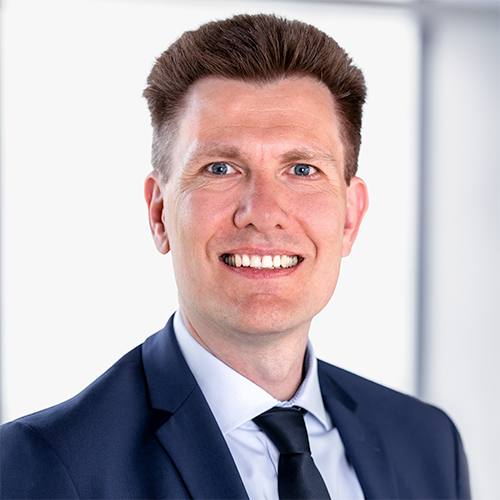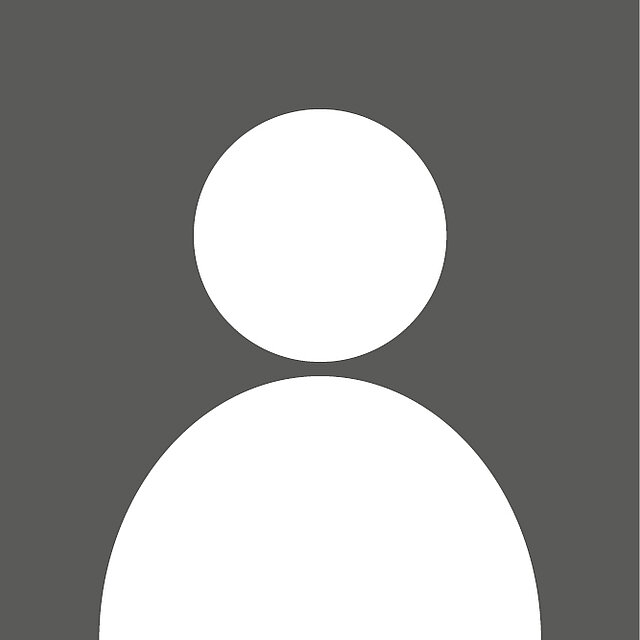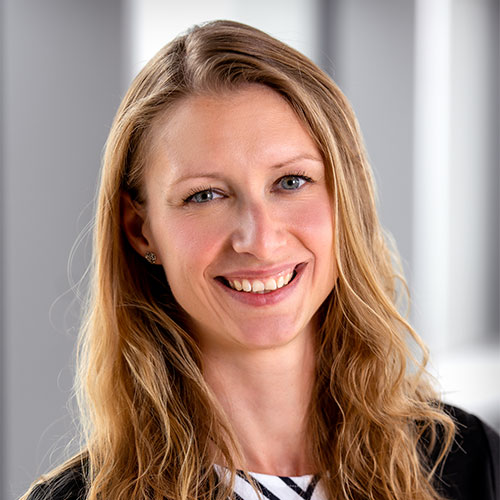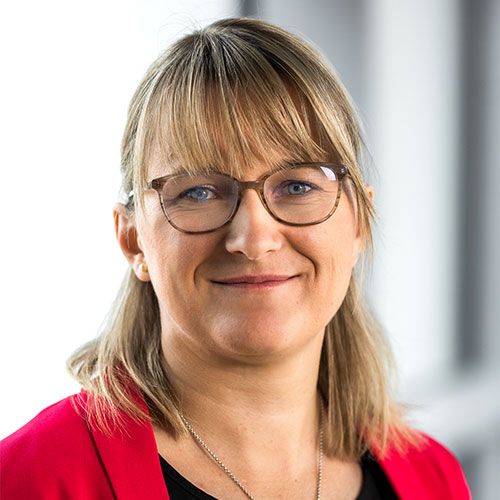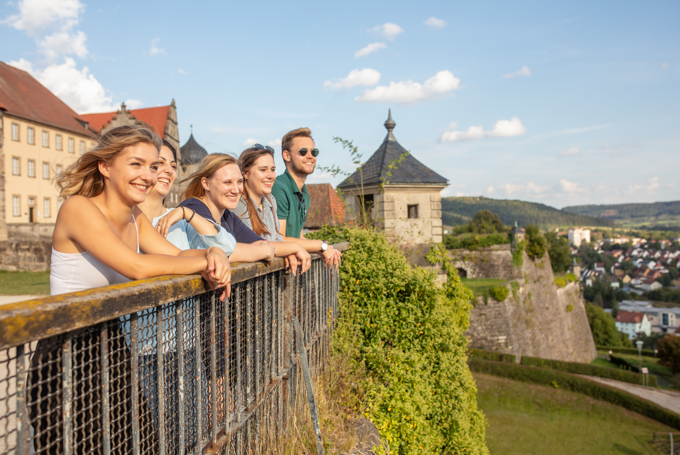
Campus Kronach
The Department of Interdisciplinary and Innovative Sciences at the Lucas Cranach Campus in Kronach offers you a study program that focuses on innovation and an interdisciplinary approach. The Department of Interdisciplinary and Innovative Sciences offers teaching and research in areas that require a high degree of interdisciplinary work and are characterized by innovation.
Contents and focus of the study program
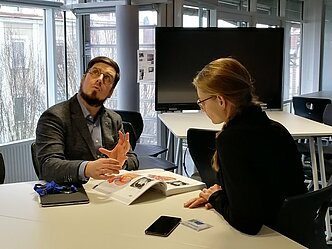
In this module, which primarily prepares you practically for learning process support, with over 40 ECTS, you will learn contents such as:
- Educational Science,
- Subject didactics I, II and
- educational psychology
Trying out and practicing together - this is how we make competence orientation tangible. Our goal: to make learning visible!
We also teach additional skills, e.g. intercultural cooperation, skills trainer training, POL tutor.
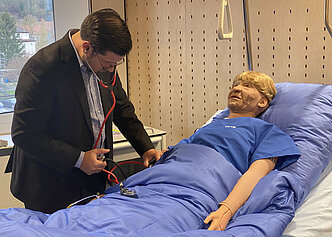
Do you want to prepare your lessons in such a way that they correspond to the current professional knowledge and the added value of scientific findings for the best possible care in the health care system becomes clear?
Specialized sciences are the basis for this!
We show you
- how you can use your discipline as an important professional feature and
- include the other disciplines as a reference science, e.g. in your teaching preparations.
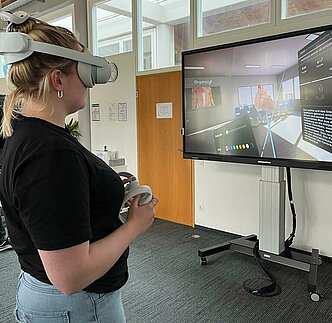
Anatomy, physiology, diagnostics and therapy - the most widely used reference science in lesson preparation is medicine.
In this module you will acquire the necessary medical pedagogical competence to prepare medical content didactically.

